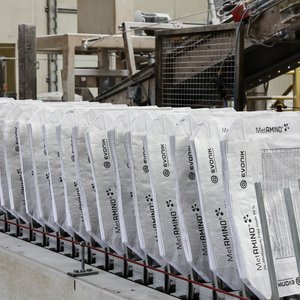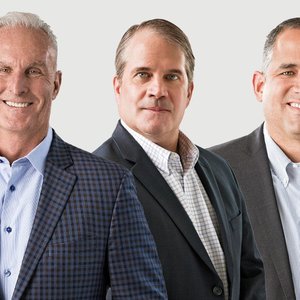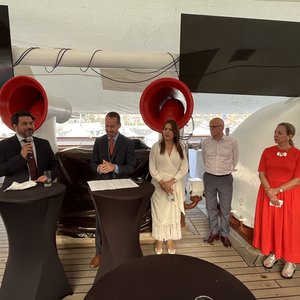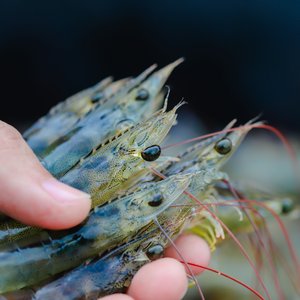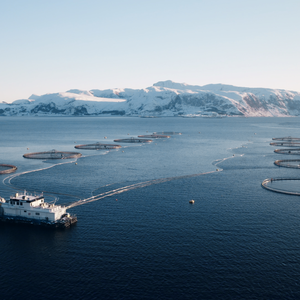After the discovery of elevated dioxin in three milk samples in the
Potato by-products, such as potato peels, were found contaminated by high levels of dioxins at a Dutch potato processing company. The by-products are used for animal feeding. As a result, all movement of animals from 162 farms in the
The Dutch company used a potato separator clay from a German company to separate high-quality potatoes from lower quality ones. This clay was found to be contaminated by dioxins and appears to have in turn contaminated the potato by-products (peels), used for animal feeding.
The clay involved in the Dutch farm closures is reportedly kaolinitic clay, which AFIA says is compositionally not a sportive or bleaching clay. The affected potato manufacturer had changed from a saline flotation process for potato sorting, to a clay slurry process due to environmental problems caused by disposing of waste salt. The best information at this time indicates this process (clay slurry sorting) was started in August 2004, so this is a recent change and food/feed effects are limited to a recent time frame.
Movement of animals from the farms that have obtained the animal feed have been temporarily blocked by national authorities. Sampling and analysis of the potato by-products delivered to the farms as well as of the farms’ products of animal origin is ongoing. Results should disclose in the coming days whether restrictions on some farms can be lifted. So far, Analysis of the Dutch company’s potato products intended for human consumption indicates that they do not contain unacceptable levels of dioxin.
Commissioner David Byrne said today: “
The Commission has also asked for the distribution list of the German clay company to verify whether more food operators purchased the clay to separate foods. In addition, the Commission has requested all Member States to investigate whether separation processes using clay are current practice within their territories.



